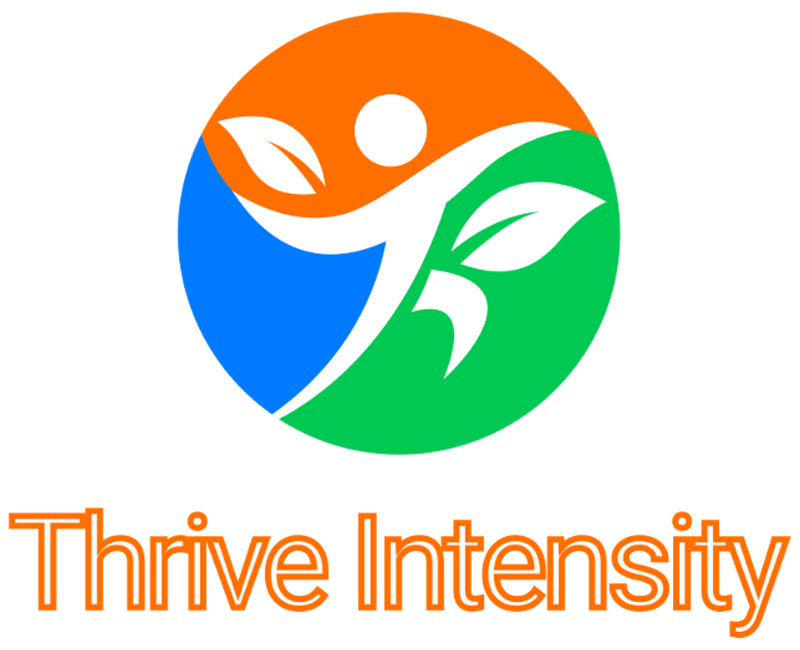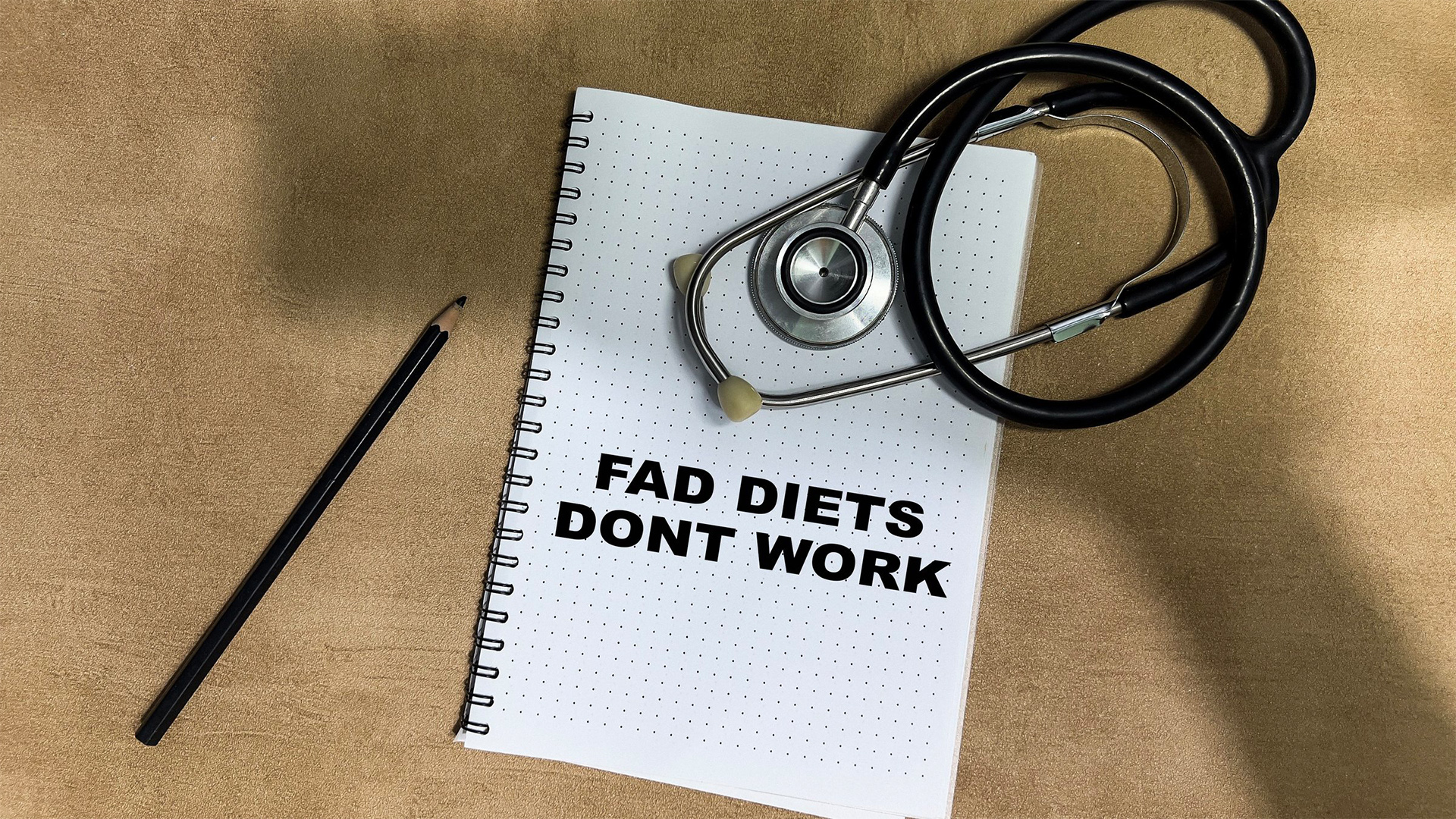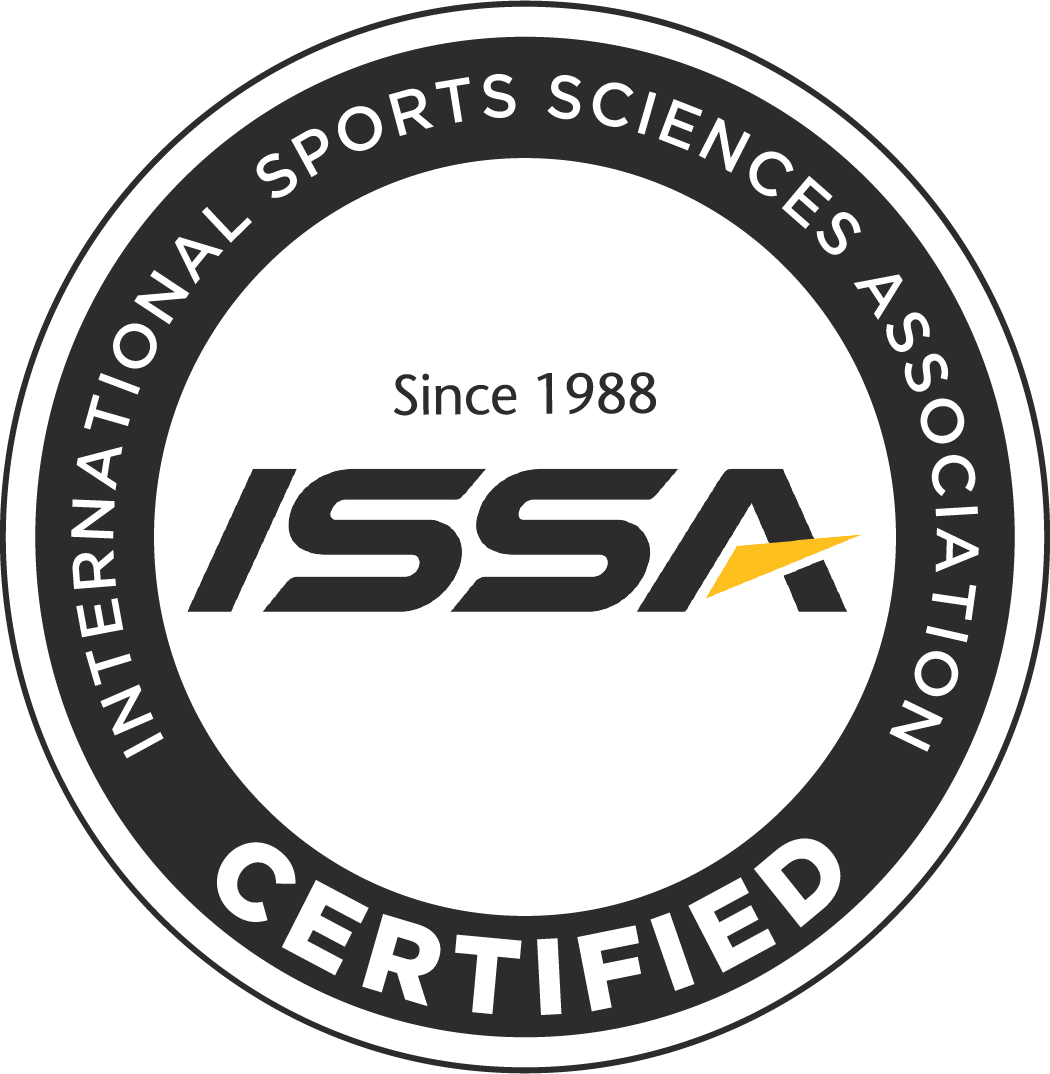
The Power of Plant-Based Diets: Lacto-Ovo, Lacto, and Vegan Explained
In recent years, plant-based eating has surged in popularity as more people turn to food as a means to improve health, protect the planet, and align with personal values. However, not all plant-based diets are the same. Variations like lacto-ovo vegetarian, lacto vegetarian, and vegan diets each have their own unique nutritional profiles, benefits, and potential challenges. Whether you’re considering adopting one of these eating patterns or you’re already on a plant-forward journey, understanding how each variation impacts your nutrition is essential—especially with the help of a certified nutrition coach.
What is a Plant-Based Diet?
A plant-based diet emphasizes foods primarily from plants—fruits, vegetables, legumes, nuts, seeds, and whole grains—while limiting or eliminating animal products. It doesn’t always mean being vegetarian or vegan. Instead, it can exist on a spectrum, ranging from occasionally including animal products to eliminating them completely.
Let’s dive into the three most common types of plant-based diets:
1. Lacto-Ovo Vegetarian Diet
Definition: This is the most common form of vegetarianism. Lacto-ovo vegetarians exclude meat, poultry, and fish, but include dairy products and eggs in their diet.
Nutritional Benefits:
Protein: Eggs and dairy provide high-quality complete proteins.
Calcium & Vitamin D: Dairy is a strong source of these bone-building nutrients.
Vitamin B12: Eggs and dairy contain B12, reducing the risk of deficiency often seen in more restrictive diets.
Iron: While plant-based iron (non-heme) is less bioavailable than meat-based iron, combining iron-rich foods with vitamin C can help absorption.
Potential Considerations:
May still be low in omega-3 fatty acids if fatty fish are not consumed.
Should focus on whole, unprocessed dairy and avoid high-sugar options like flavored yogurts or heavily processed cheese.
2. Lacto Vegetarian Diet
Definition: Lacto vegetarians consume dairy products but avoid meat, poultry, fish, and eggs.
Nutritional Benefits:
Still receive calcium, vitamin D, and some protein from dairy.
Often high in fiber and antioxidants due to a heavy reliance on fruits, vegetables, and whole grains.
Potential Nutritional Gaps:
Protein: Without eggs, lacto vegetarians must be more intentional about combining legumes, grains, nuts, and seeds for complete proteins.
Vitamin B12: Found in dairy, but intake may not be sufficient, especially if dairy consumption is low.
Iron and Zinc: Without eggs or meat, these minerals may be harder to absorb. Pairing with vitamin C-rich foods can help.
3. Vegan Diet
Definition: Vegans eliminate all animal-derived products, including meat, poultry, fish, dairy, eggs, and often honey.
Nutritional Benefits:
Typically high in dietary fiber, antioxidants, vitamins C and E, potassium, magnesium, and folate.
Associated with lower risks of heart disease, high blood pressure, type 2 diabetes, and certain cancers.
Often promotes a lower carbon footprint and supports animal welfare.
Key Nutritional Concerns:
Protein: Must be carefully planned using legumes, tofu, tempeh, seitan, quinoa, and other plant-based protein sources.
Vitamin B12: This essential nutrient is not naturally found in plant foods, so fortified foods or supplements are necessary.
Iron: Vegan diets often provide adequate iron, but it’s less bioavailable. Again, pair with vitamin C to enhance absorption.
Omega-3 Fatty Acids: Without fish, vegans may fall short in DHA and EPA. Algae-based supplements can help.
Calcium & Vitamin D: Choose fortified plant milks and ensure sun exposure or supplementation if needed.
Zinc: Found in legumes, nuts, and seeds, but may require greater attention.
Why Nutrition Coaching Matters for Plant-Based Diets
Transitioning to any plant-based diet can be a powerful decision for health, but it must be done strategically to avoid common deficiencies. A certified nutrition coach helps you:
Design a balanced meal plan based on your chosen diet.
Identify gaps in nutrients and provide food-based or supplemental solutions.
Tailor guidance to individual life stages (e.g., pregnancy, athletic performance, aging).
Support sustainable habits and ensure long-term success.
Key Takeaways
Diet Type Includes Nutritional Focus. Watch out for Lacto-Ovo: Dairy, Eggs Good protein, B12, calcium, saturated fat in excess dairy. Lacto: Dairy Calcium, protein from dairy No eggs: monitor protein, B12, iron. Vegan: None (all plant-based) High fiber, antioxidants. Requires careful planning for B12, iron, omega-3s, protein.
Final Thoughts
Choosing a plant-based lifestyle can profoundly benefit your health, but understanding the nutritional nuances of each variation is key. Whether you’re lacto-ovo, lacto, or fully vegan, partnering with a nutrition coach ensures your meals are both satisfying and nourishing—supporting not just survival, but thriving health.
Let food be your medicine, and let expert guidance light the path. Click here to schedule a Complimentary 30-minute Consultation.





